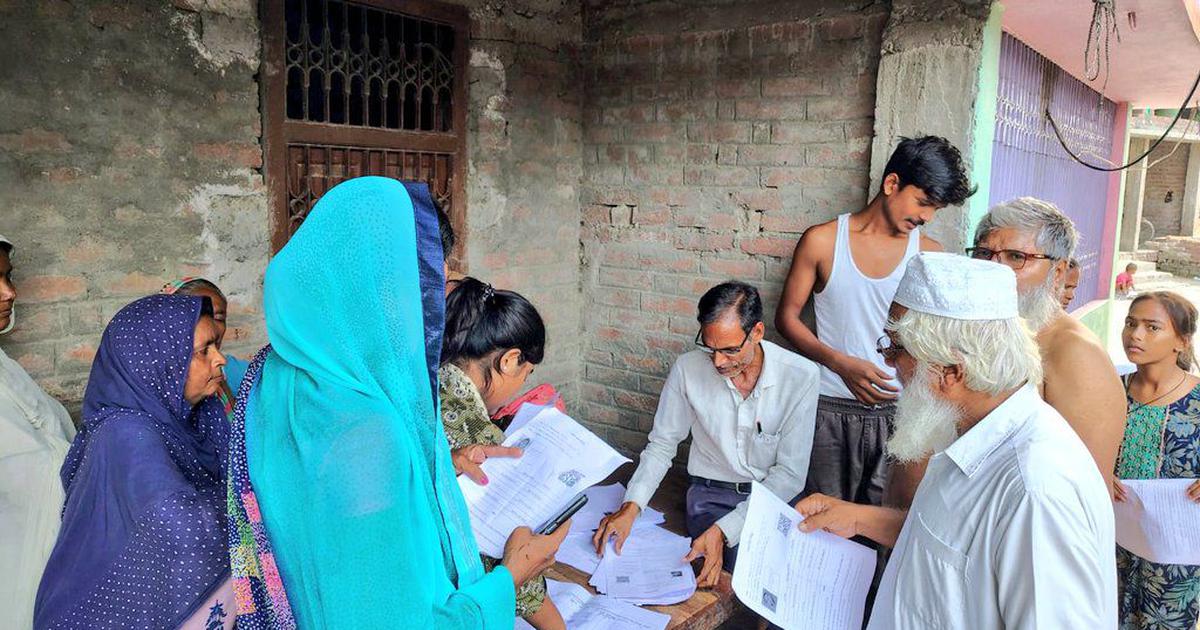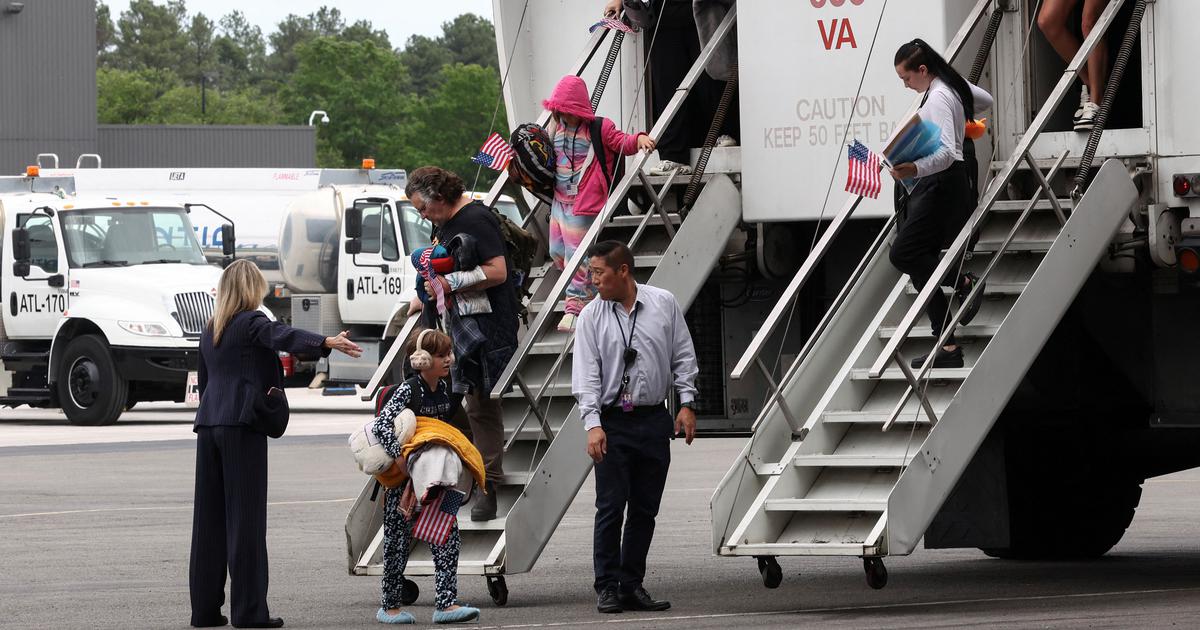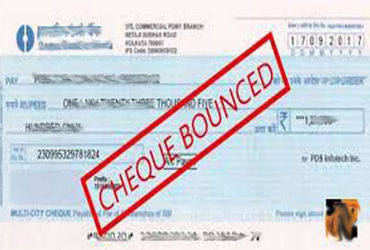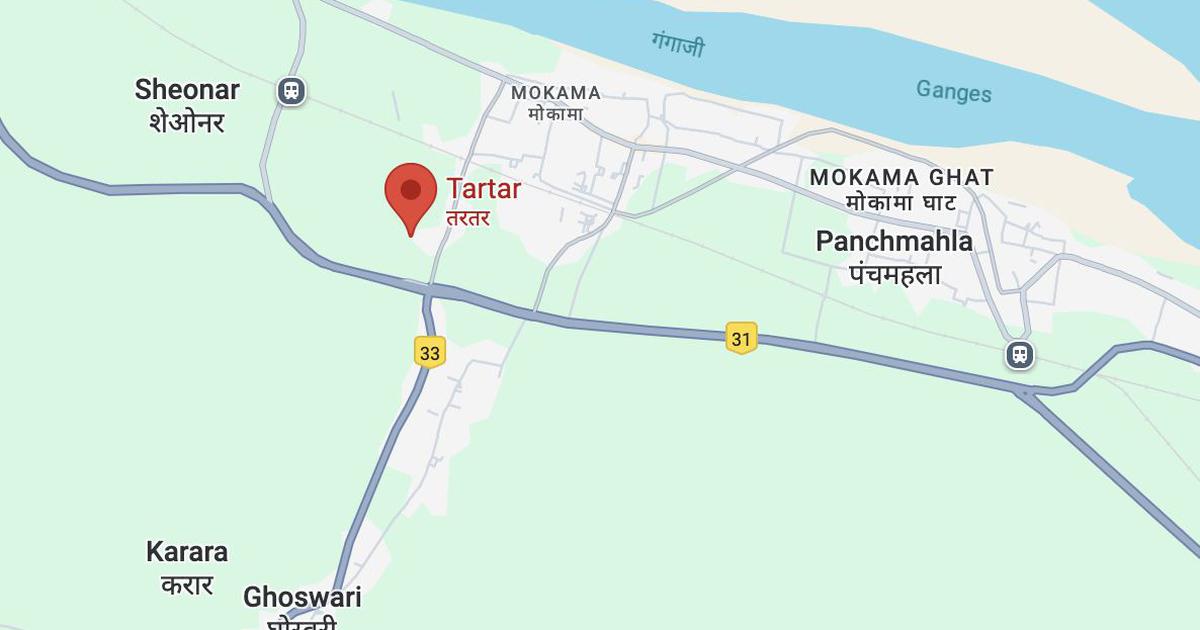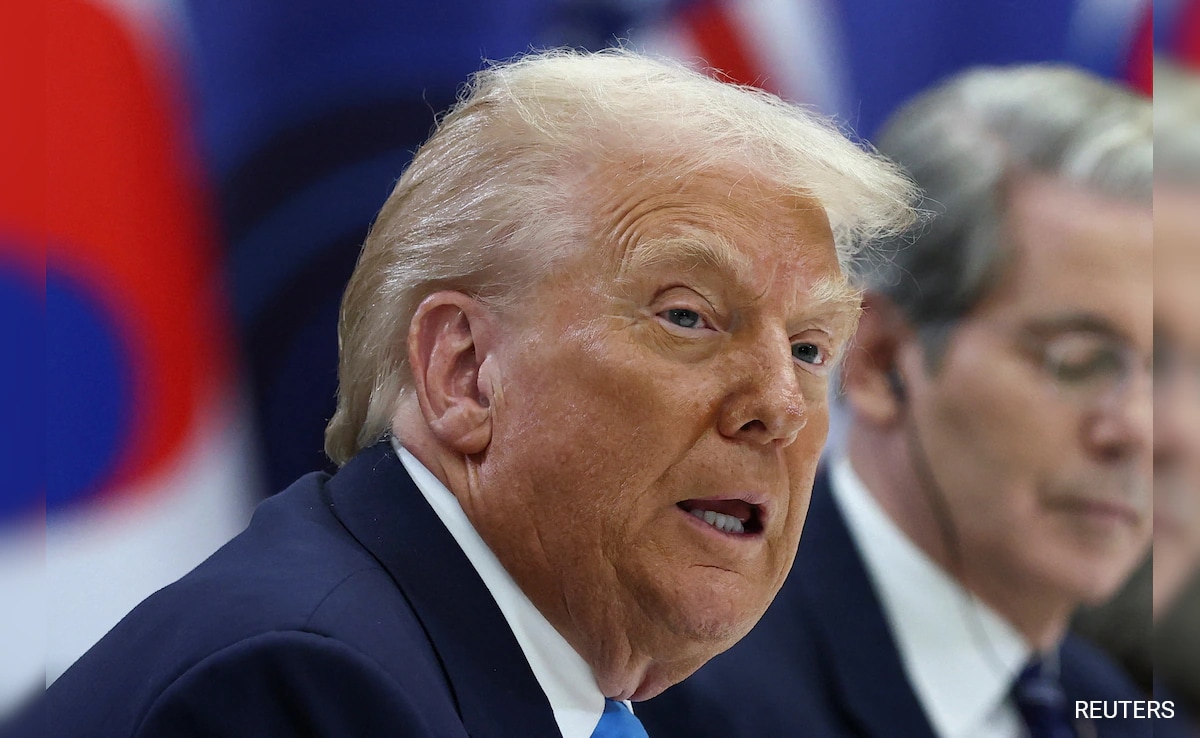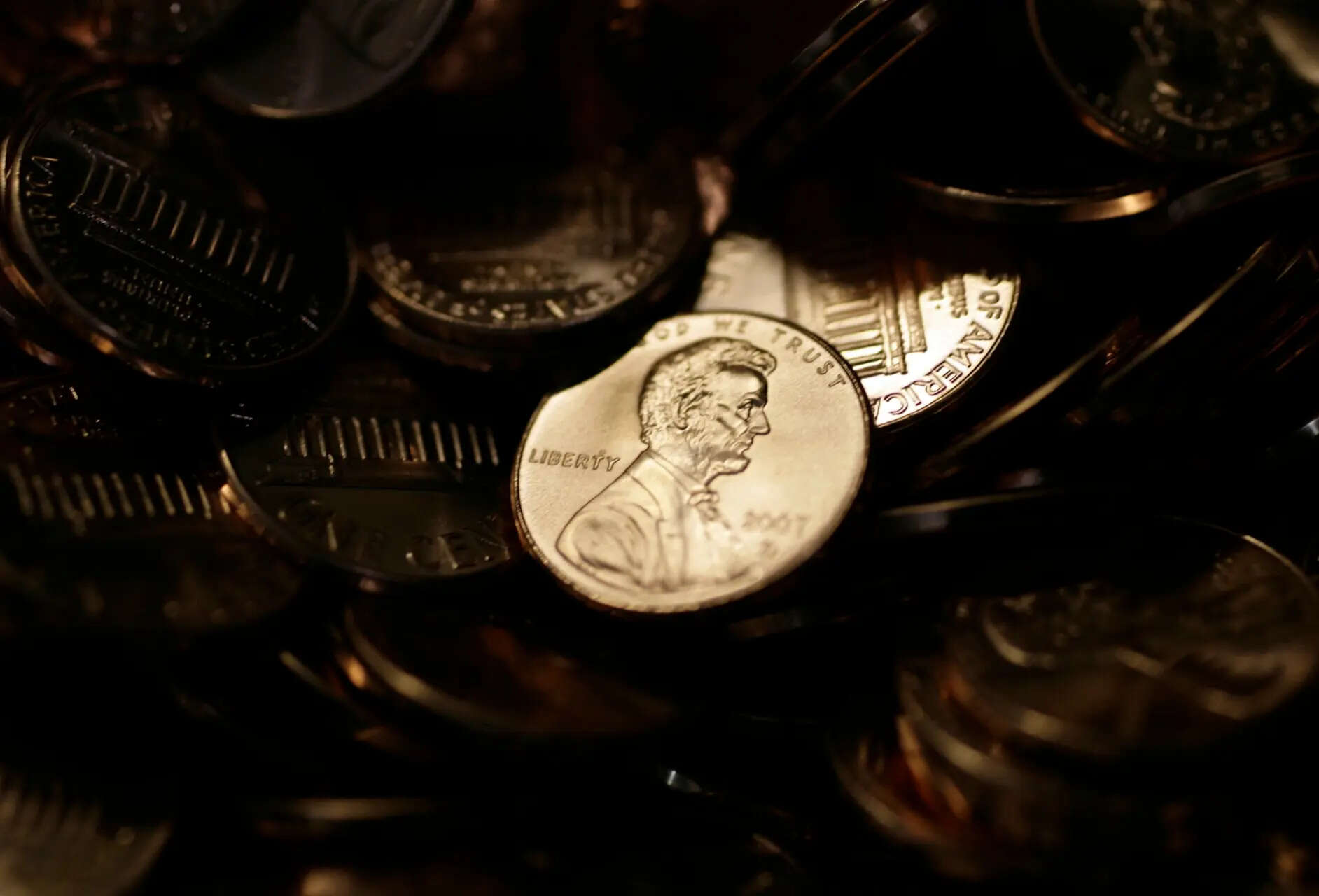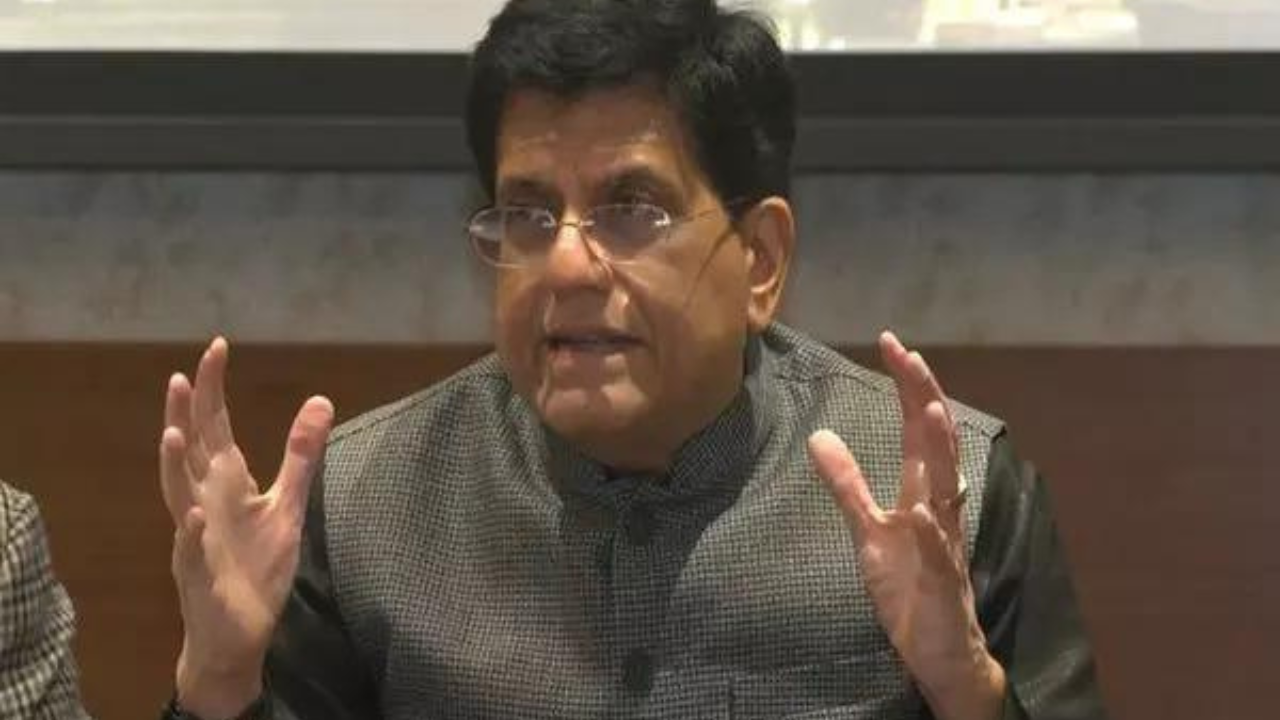Facing tariff penalty, should India continue to protect American intellectual property?

Join our WhatsApp Community to receive travel deals, free stays, and special offers!
- Join Now -
Join our WhatsApp Community to receive travel deals, free stays, and special offers!
- Join Now -

On April 13, 1994, while speaking at a ministerial meeting at Marrakesh before the signing of the World Trade Organization Agreement, Pranab Mukherjee representing India, as its commerce minister concluded by saying that India “negotiated in good faith” and that while it “preferred” that the results were different, it was looking forward to “the promise of the integration of the textiles and clothing sector into the General Agreement”.
The “price” paid by India to get broader access to the textile markets of the West was the signing of the Agreement on Trade Related Intellectual Property Rights – TRIPS. Back in the 1990s, the idea of linking trade in intellectual property, or IP, to trade in goods was alien to international commerce.
For example, the Berne Convention on the Protection of Literary and Artistic Works, which dates back to 1886, only applied to the protection of copyrights for member states. It was never tethered to the trade in international goods between the member states. The WTO Agreement changed this equation by linking the trade in goods to the protection of intellectual property.
Starting with the Ronald Reagen administration, in the mid-80s, successive American administrations across political lines decided to pursue a strategy of linking trade in goods to IP since the...
Read more
What's Your Reaction?
 Like
0
Like
0
 Dislike
0
Dislike
0
 Love
0
Love
0
 Funny
0
Funny
0
 Angry
0
Angry
0
 Sad
0
Sad
0
 Wow
0
Wow
0
